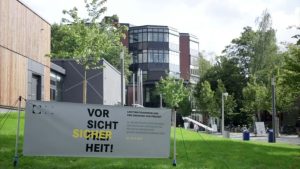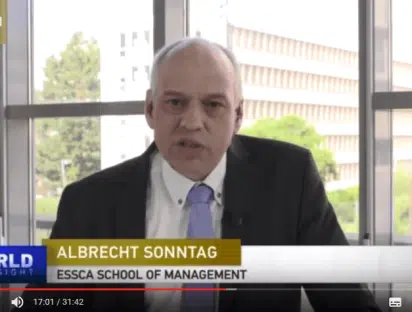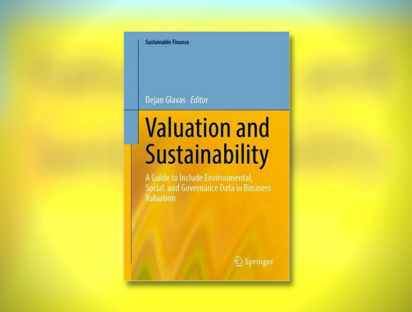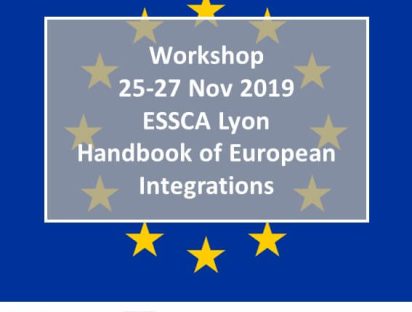
The 2015 Congress of the DVPW in Duisburg.
From 21 to 25 September 2015 the bi-annual Congress of the German Association for Political Science (DVPW) took place at the University of Duisburg in Western Germany. More than 800 participants attended the event. As one of these participants, three observations seemed to be of particular interest to me.
First, in comparison to the previous congress in Tübingen, in 2013, the proportion of international papers and paper-givers had hugely increased and gave the conference a much more international atmosphere than before.
Second, while grass-roots democracy is very much alive in this association, it is not always to the advantage of its membership! The elections of the new Chair and Committee of Governors was one such example where meddling behind the scenes and public anger about it clashed in the general assembly. It took six hours to get to the elections only to find two hours later that the newly elected Chair, Michael Zürn, had already resigned! Highly divisive, in this assembly the good and great of German political science dismantled each other to a degree that the new Committee of Governors, which remained in place after the resignation of the chair, decided only to stay for one year, rather than the normal three years, and use that time mainly to revise electoral procedures in the DVPW. They will surely consider online voting, such as in other big academic organisations such as the University Association for Contemporary European Studies (UACES), but one way or another it will be a lost year for making the DVPW more relevant through more internationalisation, for example.
Thirdly, during the 5 days of the congress, there was a wide thematic variety of panels, from political economy to international politics and environmental policies. Most of these panels touched in their contents on the most important political phenomenon of our time, the European Union, but hardly any mentioned it by name or saw the importance of European Union aspects in their particular analyses. There was only one silver lining on the horizon, the Working Group for (European) Integration, but with about 10 people in the audience this remained a side-line panel…
This is really curious for a political science association… Is German political science so inward-looking now that it doesn’t even notice European Integration any more? In other words: does it mean that the famous ‘re-nationalisation’ of politics in Europe is not only conducted by governments but also by researchers? It is perhaps a sign of our time in which the EU seems to drift more and more into oblivion while at the same time it is becoming increasingly needed for key policies, such as the refugee crisis.




